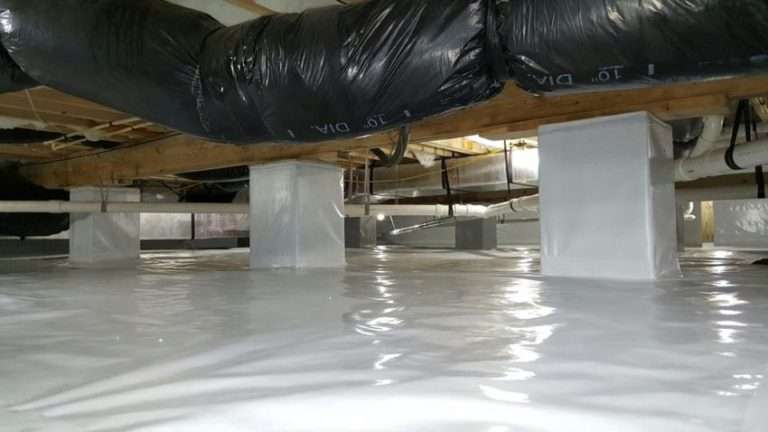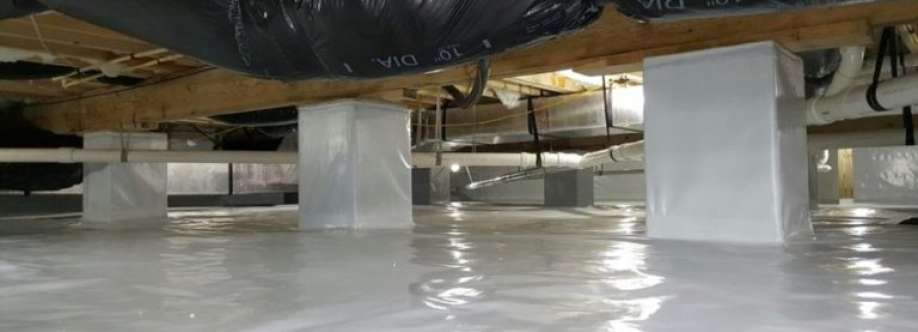Top-Tier Crawl Space Waterproofing in Charlotte, NC
Sedona Waterproofing Solutions offers top-tier crawl space waterproofing in Charlotte, NC. Their team of experts is committed to protecting your property from water damage, mold, and structural issues. They provide comprehensive solutions including crawl space structural repair, mold prevention, and more. With advanced technology and high-quality materials, they ensure your crawl space remains clean and dry all year long. Visit https://maps.app.goo.gl/RtcK2BvvuYhXRM3R8.

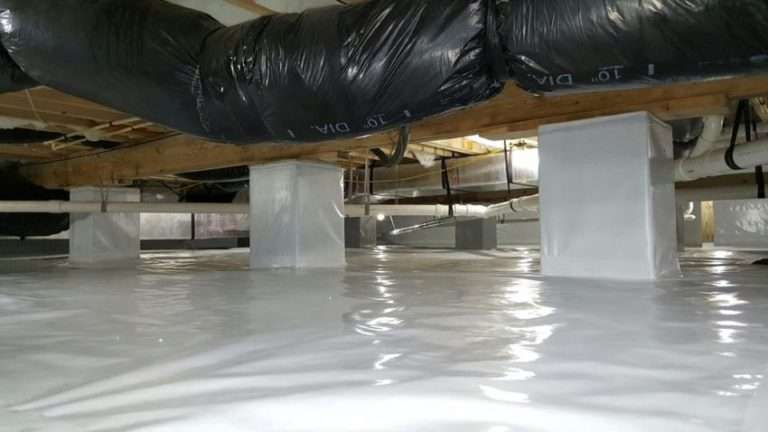
@sedonawpnc
6 Causes of Basement Leaks and How to Prevent Them
Basement leaks are a common issue faced by many homeowners, and they can lead to significant problems if not addressed promptly. Understanding the causes of basement leaks is the first step towards preventing them. Experts specialized in basement waterproofing Charlotte NC the most common causes of basement leaks and provide practical tips on how to prevent them.
1. Poor Drainage Systems
One of the leading causes of basement leaks is poor drainage around the home’s foundation. When water isn’t directed away from the house, it can accumulate around the foundation and eventually seep into the basement. This can be due to inadequate grading, clogged gutters, or downspouts that discharge water too close to the foundation.
Prevention Tips:
· Ensure that the ground around your home slopes away from the foundation to encourage water to flow away from the house.
· Keep gutters and downspouts clean and free of debris.
· Extend downspouts at least 5–10 feet away from the foundation.
2. Hydrostatic Pressure
Hydrostatic pressure occurs when groundwater builds up in the soil around the foundation. This pressure can force water through cracks and porous areas in the foundation walls and floor, leading to basement leaks.
Prevention Tips:
· Install a French drain system around the perimeter of your home to alleviate hydrostatic pressure.
· Use a sump pump to remove excess water from the basement and keep it dry.
· Ensure proper waterproofing of foundation walls using sealants or waterproof membranes.
3. Foundation Cracks
Cracks in the foundation walls or floor can provide an entry point for water. These cracks can result from natural settling, temperature fluctuations, or structural issues.
Prevention Tips:
· Regularly inspect your basement walls and floor for cracks and opt for basement repair in Charlotte NC promptly.
· Apply a waterproof sealant to the foundation walls to create a barrier against water infiltration.
4. Faulty Window Wells
Basement windows that are below ground level can be a source of leaks if the window wells are not properly installed or maintained. Water can accumulate in the window well and seep through the window frame.
Prevention Tips:
· Install window well covers to prevent water from accumulating in the wells.
· Ensure proper drainage in the window wells by adding gravel and a drain pipe.
· Check and repair any gaps or cracks around the window frames.
5. Plumbing Leaks
Leaking pipes or plumbing fixtures within the basement can also lead to water damage. These leaks may be due to aging pipes, loose connections, or faulty fixtures.
Prevention Tips:
· Regularly inspect basement plumbing for signs of leaks or corrosion.
· Replace old or damaged pipes and fixtures promptly.
· Install a water alarm in the basement to detect leaks early.
6. High Humidity and Condensation
High humidity levels and condensation can create a damp environment in the basement, which can mimic the effects of a leak. This can lead to mold growth and musty odors.
Prevention Tips:
· Use a dehumidifier to maintain low humidity levels in the basement.
· Insulate cold water pipes to prevent condensation.
· Ensure proper ventilation in the basement by installing vents or exhaust fans.
Conclusion
Preventing basement leaks requires a proactive approach and regular maintenance. Investing in these preventive measures will save you time, money, and stress in the long run, ensuring that your basement remains a safe and usable space. Search “basement leak repair near me” online to get started.
The author is currently working at a crawlspace and basement waterproofing company. He often writes articles on home improvement for several online publications. Visit https://www.sedonawaterproofing.com/
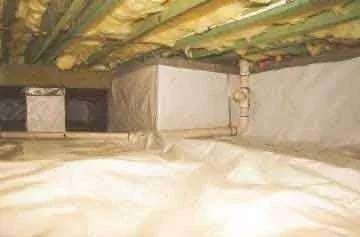
Crawl Space Encapsulation
Crawl space encapsulation is the ultimate solution to safeguarding your home against these threats. By encapsulating your crawl space, you create a protective barrier that seals out moisture, prevents mold growth, and keeps pests at bay. This proactive measure not only enhances the structural integrity of your home but also improves energy efficiency and indoor air quality. To learn more visit https://www.sedonawaterproofing.com/ .
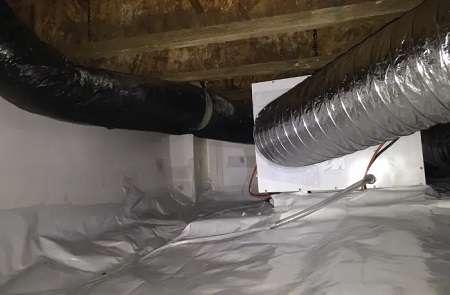
Sedona Waterproofing Solutions is a trusted provider of crawl space and basement waterproofing, and foundation repair. With a commitment to top-quality materials, innovative technology, and excellent customer service, we ensure all property remains safe from water damage, mold, and other undesirables. We offer assistance for any waterproofing emergencies and provide free inspections and quotes. We are dedicated to customer satisfaction and pride ourselves in garnering exceptional reviews due to our superior workmanship and effective services.
Whether you’re dealing with a small leak or a full-blown structural issue, we have the experience and expertise to get the job done right. With our high-quality materials, advanced technology, and unparalleled customer service, you can rest assured that your property is in good hands. For more details, call 704-960-7906 or visit https://www.sedonawaterproofing.com/.
Services: Basement Structural Repair, Basement Sump Pump, Basement Waterproofing, Crawl Space Care, Crawl Space Encapsulation, Crawl Space Repair, Crawl Space Waterproofing, Downspout/French Drains, Foundation Repair, Moisture Prevention, Mold Remediations, Vapor Barrier Installation, Waterproof Foundation, Radon Testing and Mitigation, Annual Maintenance
Business hours: Monday - Friday, 8:00am - 5:00pm
Payment Method: Visa, Mastercard, debit card, American Express, Check
Address : 188 Crowell Dr NW, Concord, North Carolina, 28025, USA
Phone no : 704-960-7906
Business mail : sedonawpsolutions@gmail.com
Install Palscity app






